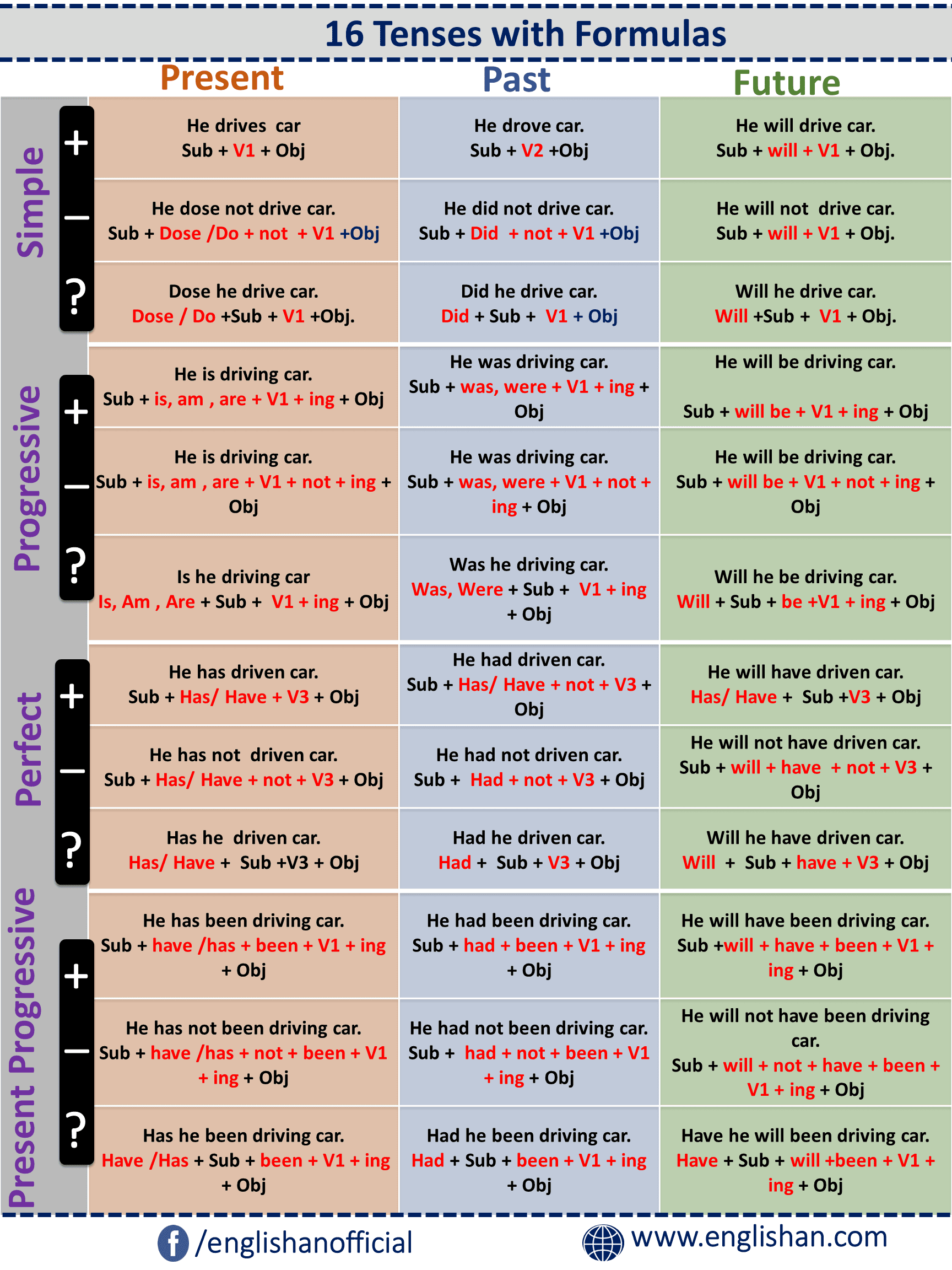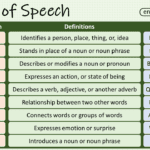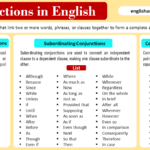When learning English, understanding tenses can be tricky. This is where the Tenses Chart comes in handy. It’s like a guide or map that shows how to use verbs in different time situations, like past, present, and future.
Now, there’s another helpful tool called the Tenses Chart with Formulas. This is a special chart that not only tells you about tenses but also gives you formulas. These formulas show you how to form sentences correctly in English. With these formulas, you can make sure you’re using the right words in the right order.
For teachers, the Tenses Chart is great for lessons. It helps students see everything in one place. And for people learning English, this chart makes things clearer.
In short, if you want to speak or write English well, the Tenses Chart and the Tenses Chart with Formulas can be super useful. They help you know how to use words the right way for different times. It’s a must-have tool for anyone wanting to get better at English.
All Tenses Chart
Present Tenses Chart
1. Simple Present Tense
- Formula:
- Affirmative: Subject + Base verb (with or without “s/es” for third person)
- Negative: Subject + do/does + not + Base verb
- Interrogative: Do/Does + Subject + Base verb?
- Examples:
- Affirmative:
- She reads novels.
- They watch movies.
- I walk to school.
- Negative:
- He doesn’t like coffee.
- We don’t travel often.
- I don’t eat meat.
- Interrogative:
- Does she play the guitar?
- Do they enjoy hiking?
- Does he work on Sundays?
- Affirmative:
2. Present Continuous (Progressive) Tense
- Formula:
- Affirmative: Subject + am/is/are + Base verb + ing
- Negative: Subject + am/is/are + not + Base verb + ing
- Interrogative: Am/Is/Are + Subject + Base verb + ing?
- Examples:
- Affirmative:
- I am studying for exams.
- They are playing in the park.
- She is reading a book.
- Negative:
- He isn’t driving right now.
- We aren’t watching TV.
- I’m not feeling well.
- Interrogative:
- Are they coming to the party?
- Is she cooking dinner?
- Am I speaking loudly?
- Affirmative:
3. Present Perfect Tense
- Formula:
- Affirmative: Subject + have/has + Past Participle (V3)
- Negative: Subject + have/has + not + Past Participle (V3)
- Interrogative: Have/Has + Subject + Past Participle (V3)?
- Examples:
- Affirmative:
- I have finished my homework.
- They have visited France.
- She has baked a cake.
- Negative:
- He hasn’t met her before.
- We haven’t seen that movie.
- I haven’t been to the zoo recently.
- Interrogative:
- Have they tried sushi?
- Has she called you?
- Have we lost the keys?
- Affirmative:
4. Present Perfect Continuous Tense
- Formula:
- Affirmative: Subject + have/has + been + Base verb + ing
- Negative: Subject + have/has + not + been + Base verb + ing
- Interrogative: Have/Has + Subject + been + Base verb + ing?
- Examples:
- Affirmative:
- I have been waiting here for over an hour.
- They have been playing football since morning.
- She has been working at that company for three years.
- Negative:
- He hasn’t been feeling well lately.
- We haven’t been going to the gym for the past month.
- They haven’t been attending the classes regularly.
- Interrogative:
- Have you been reading this book for long?
- Has she been sleeping since afternoon?
- Have they been watching TV all day?
- Affirmative:
Past Tenses Chart
Formulas:
- Affirmative: Subject + Past Verb + Object
- Negative: Subject + didn’t + Base Verb + Object
- Interrogative: Did + Subject + Base Verb + Object?
Examples:
- Affirmative:
- a. She played football.
- b. They watched a movie.
- c. He read a book.
- Negative:
- a. She didn’t play football.
- b. They didn’t watch a movie.
- c. He didn’t read a book.
- Interrogative:
- a. Did she play football?
- b. Did they watch a movie?
- c. Did he read a book?
Past Continuous Tense
Formulas:
- Affirmative: Subject + was/were + Verb-ing
- Negative: Subject + wasn’t/weren’t + Verb-ing
- Interrogative: Was/Were + Subject + Verb-ing?
Examples:
- Affirmative:
- a. She was playing football.
- b. They were watching a movie.
- c. He was reading a book.
- Negative:
- a. She wasn’t playing football.
- b. They weren’t watching a movie.
- c. He wasn’t reading a book.
- Interrogative:
- a. Was she playing football?
- b. Were they watching a movie?
- c. Was he reading a book?
Past Perfect Tense
Formulas:
- Affirmative: Subject + had + Past Participle
- Negative: Subject + hadn’t + Past Participle
- Interrogative: Had + Subject + Past Participle?
Examples:
- Affirmative:
- a. She had played football.
- b. They had watched a movie.
- c. He had read a book.
- Negative:
- a. She hadn’t played football.
- b. They hadn’t watched a movie.
- c. He hadn’t read a book.
- Interrogative:
- a. Had she played football?
- b. Had they watched a movie?
- c. Had he read a book?
Past Perfect Continuous Tense
Formulas:
- Affirmative: Subject + had been + Verb-ing + time
- Negative: Subject + hadn’t been + Verb-ing + time
- Interrogative: Had + Subject + been + Verb-ing + time?
Examples:
- Affirmative:
- a. She had been playing football for an hour.
- b. They had been watching a movie since evening.
- c. He had been reading a book for two hours.
- Negative:
- a. She hadn’t been playing football for an hour.
- b. They hadn’t been watching a movie since evening.
- c. He hadn’t been reading a book for two hours.
- Interrogative:
- a. Had she been playing football for an hour?
- b. Had they been watching a movie since evening?
- c. Had he been reading a book for two hours?
Future Tenses Chart
Simple Future Tense
Formulas:
- Affirmative: Subject + will/shall + Base form of Verb + Object
- Negative: Subject + will/shall + not + Base form of Verb + Object
- Interrogative: Will/Shall + Subject + Base form of Verb + Object + ?
Examples:
Affirmative:
- She will play football tomorrow.
- They will visit the museum next week.
- He shall write a letter.
Negative:
- She will not play football tomorrow.
- They won’t visit the museum next week.
- He shall not write a letter.
Interrogative:
- Will she play football tomorrow?
- Will they visit the museum next week?
- Shall he write a letter?
Future Continuous Tense
Formulas:
- Affirmative: Subject + will/shall + be + Present Participle (verb+ing) + Object
- Negative: Subject + will/shall + not + be + Present Participle + Object
- Interrogative: Will/Shall + Subject + be + Present Participle + Object + ?
Examples:
Affirmative:
- She will be playing football at this time tomorrow.
- They will be visiting the museum when you arrive.
- He shall be writing a letter when we call.
Negative:
- She will not be playing football at 4 PM.
- They won’t be visiting the museum during the holidays.
- He shall not be writing a letter tonight.
Interrogative:
- Will she be playing football at 3 PM?
- Will they be visiting the museum on Friday?
- Shall he be writing a letter in the evening?
Future Tenses Chart
Simple Future Tense
Formulas:
- Affirmative: Subject + will/shall + Base form of Verb + Object
- Negative: Subject + will/shall + not + Base form of Verb + Object
- Interrogative: Will/Shall + Subject + Base form of Verb + Object + ?
Examples:
Affirmative:
- She will have played football by the time you arrive.
- They will have visited all the museums by the end of their trip.
- He shall have written three letters by noon.
Negative:
- She will not have played football by 5 PM.
- They won’t have visited the new museum by then.
- He shall not have written the letters by tomorrow.
Interrogative:
- Will she have played football by evening?
- Will they have visited the museum before it closes?
- Shall he have written all letters by Friday?
Future Perfect Continuous Tense
Formulas:
- Affirmative: Subject + will/shall + have + been + Present Participle (verb+ing) + Object/Time Reference
- Negative: Subject + will/shall + not + have + been + Present Participle + Object/Time Reference
- Interrogative: Will/Shall + Subject + have + been + Present Participle + Object/Time Reference + ?
Examples:
- Affirmative:
- a. She will have been playing football for two hours by 5 PM.
- b. They shall have been visiting museums all day when you meet them.
- c. He will have been writing the report for three hours when you arrive.
- Negative:
- a. She will not have been playing football for long.
- b. They shall not have been visiting museums for a week by then.
- c. He will not have been writing for so long.
- Interrogative:
- a. Will she have been playing football for an hour by noon?
- b. Shall they have been visiting the museums for a while when we join them?
- c. Will he have been writing the report for long when you call?

Get PDF File
You May Also Like
- Subject and Predicate
- Past Tenses Rules
- Future Tenses Rules
- Tenses
- Present Tenses Rules
- Time Expressions in English




